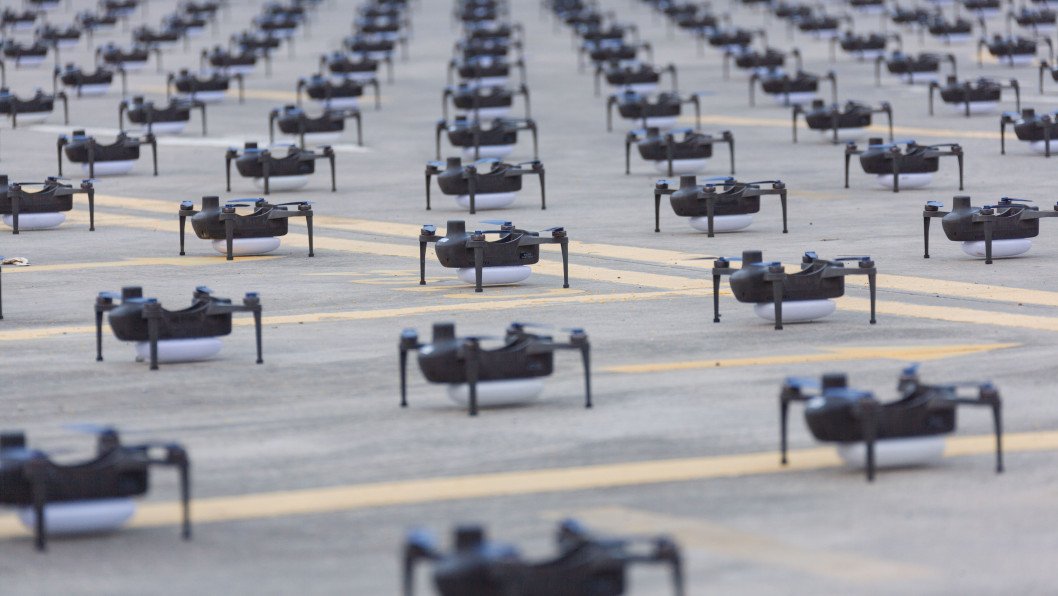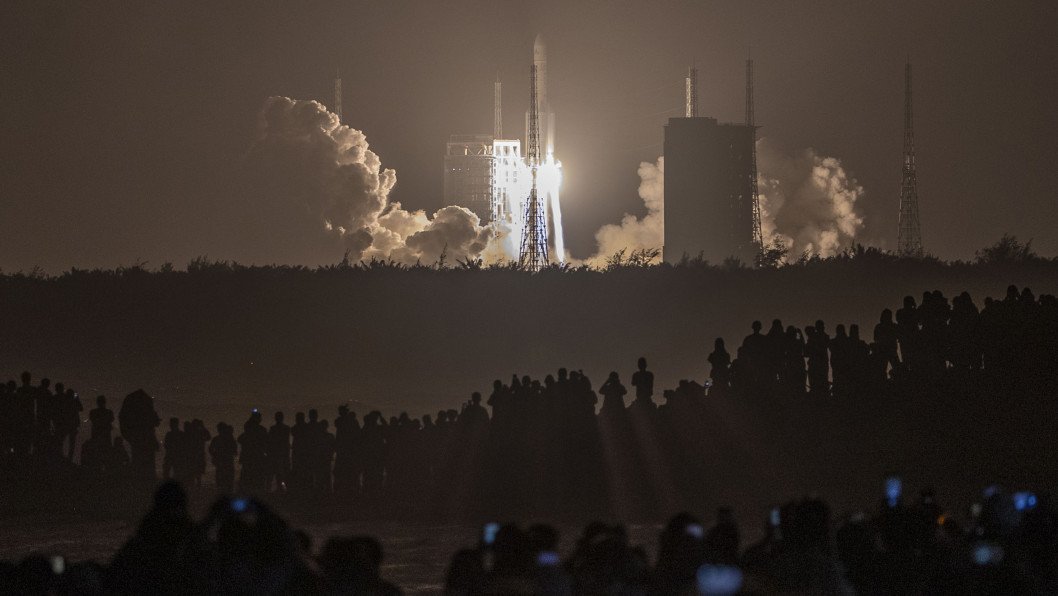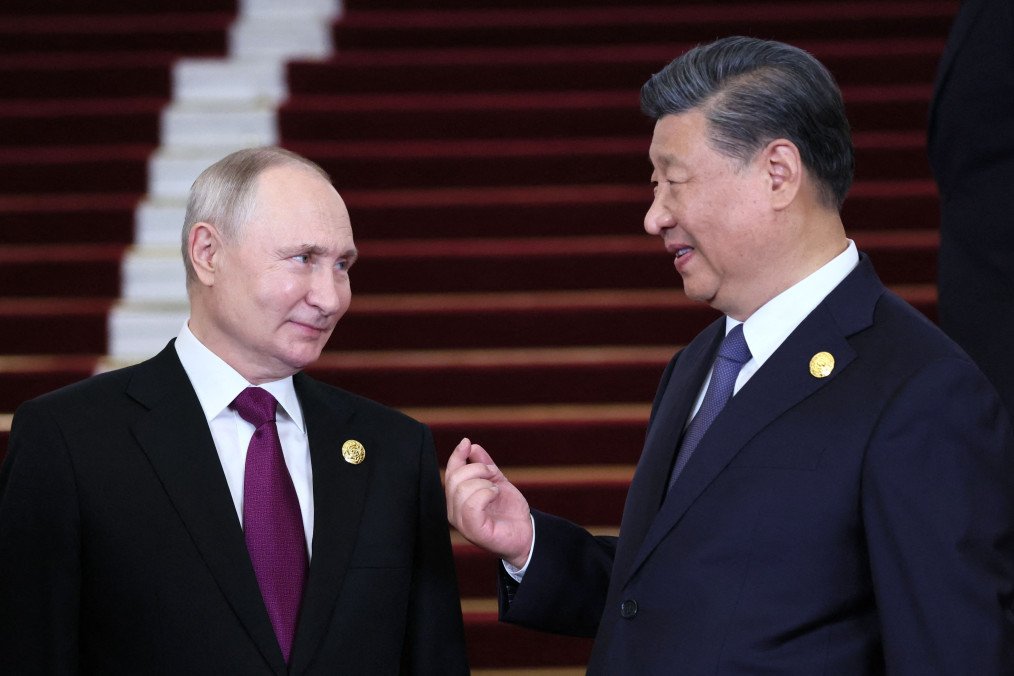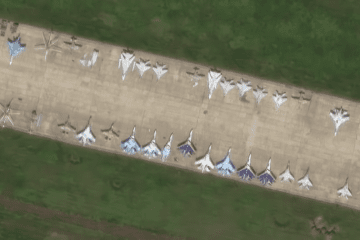Russia’s Federal Security Service (FSB) has classified China as a significant security threat, according to a classified document obtained and verified by The New York Times.
While Russian leader Vladimir Putin continues to emphasize a “no limits” partnership with Beijing, internal assessments by Russia’s intelligence services indicate growing concern over Chinese espionage and strategic ambitions.
According to the NYT, the eight-page planning document, believed to have been written in late 2023 or early 2024, outlines how a previously undisclosed FSB unit views China as an “enemy” and accuses it of intensifying espionage efforts against Russia.
The FSB claims that Chinese intelligence operatives are targeting Russian scientists, defense officials, and institutions to obtain sensitive military technology, including drone warfare tactics and countermeasures against Western weapons.
The report also alleges that Chinese intelligence has shown increased interest in Russia’s operations in Ukraine. According to the FSB, Beijing is seeking to observe and analyze Moscow’s battlefield strategies to prepare for potential future conflicts involving the Chinese military, particularly around Taiwan or the South China Sea.

The FSB document indicates that Chinese entities — including state-linked defense firms and academic institutions — have been present in Russia since shortly after the invasion of Ukraine began. Their stated aim was to study the evolving conflict and extract knowledge relevant to modern warfare, particularly where Western technology is involved.
In response to these concerns, the FSB launched a counterintelligence operation named “Entente-4” just days before the February 2022 invasion. The program aimed to prevent the transfer of strategic information to Beijing and called for proactive engagements with Russian citizens involved in China-related sectors.
Intelligence officers were instructed to warn these individuals of potential recruitment attempts and to monitor their activities, including analyzing their communications on platforms like WeChat.
The document also details broader strategic concerns. Russian intelligence suspects that Chinese researchers are laying the groundwork for future territorial claims in Russia’s Far East.
Beijing’s search for traces of “ancient Chinese peoples” in the region and the publication of maps using historic Chinese place names have heightened these fears. The FSB warned that such activities could be used to influence public opinion in areas historically annexed by the Russian Empire in the 19th century.

Additionally, the FSB expresses unease about China’s growing presence in Central Asia and the Arctic. In both regions, Chinese influence operations, disguised as humanitarian exchanges or academic initiatives, are seen by Russian intelligence as attempts to expand soft power and secure economic footholds.
The Arctic, in particular, is highlighted as an area where Chinese firms and researchers are allegedly gathering intelligence under the cover of mining and scientific projects.
Despite these concerns, the document also notes the strategic dilemma faced by Russian authorities. China remains Russia’s largest oil customer and a critical supplier of electronics and military components amid Western sanctions.
The FSB warns its personnel against any public confrontation that could jeopardize bilateral relations, stating that high-level approval is required before taking any sensitive actions regarding Chinese activity.

The NYT confirmed the document’s authenticity with intelligence officials from six Western countries. Analysts say the FSB memo reveals internal contradictions between Russia’s political leadership and its security apparatus.
While Putin has prioritized deepening ties with Xi Jinping — meeting him more than 40 times — the FSB appears increasingly cautious of the long-term implications.
Earlier, China was accused of systematically copying Russian weapons systems through espionage and cyberattacks. Beijing reduced arms imports from Russia by 40% between 2009 and 2023 after reverse-engineering dozens of systems, including the Su-27-based J-11 jet and the S-300-like HQ-9.
At least 21 cases of espionage targeted Russia’s defense sector, mainly aerospace, while Chinese firms allegedly violated licensing agreements and cloned military tech.




-111f0e5095e02c02446ffed57bfb0ab1.jpeg)


